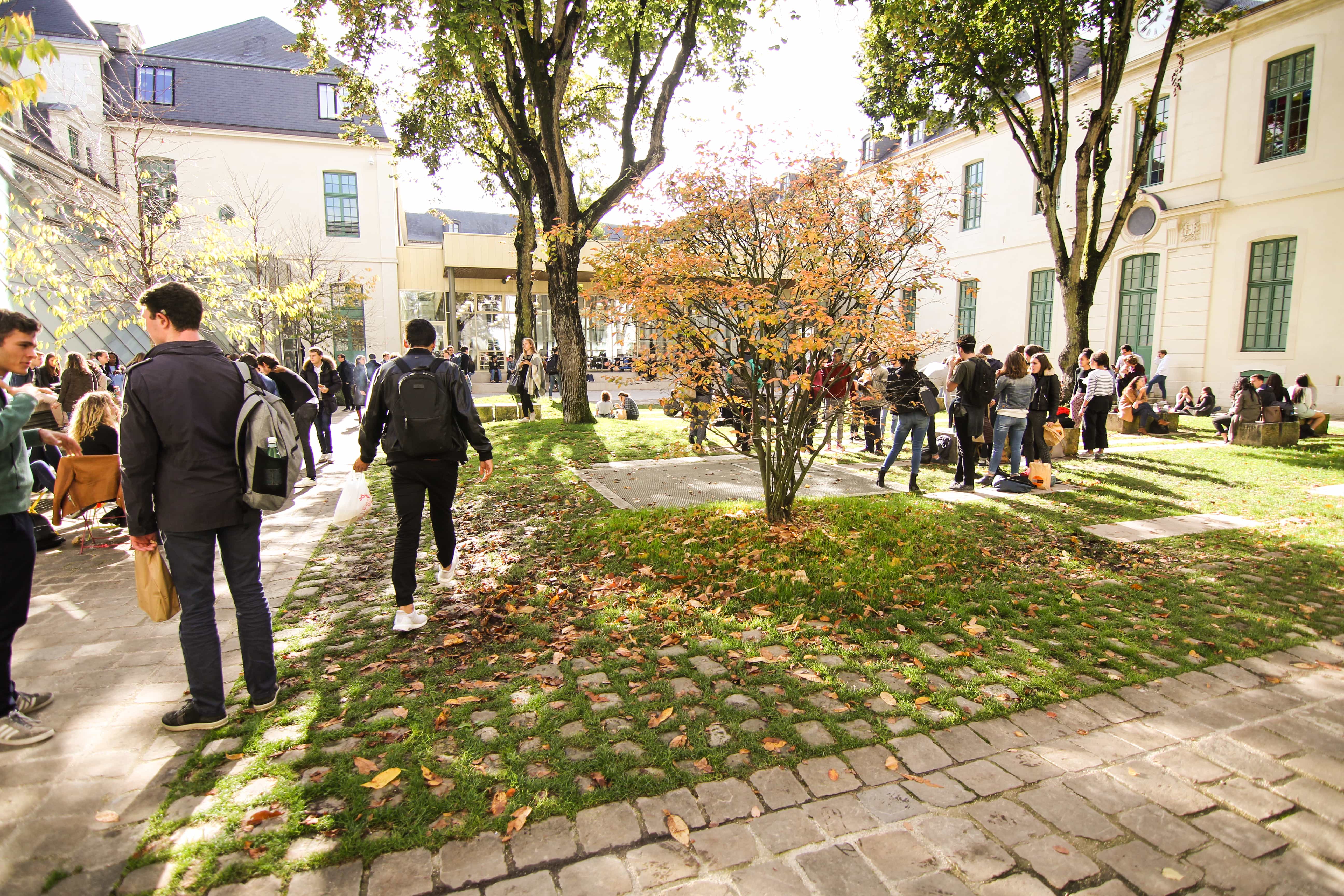By Emine Sasal
Unlike most other universities in France, Sciences Po is a unique institution that attracts students from all over the globe. Whether these are exchange students or international students, the environment within Sciences Po is one that’s far too distinctive to pass by. Do the differences in cultures cause a clash, or does it suggest a “mash” of them all to bring about what we call coexistence?
Seeing and meeting people from other parts of the world doesn’t come much of a surprise to myself as a student from Canada. There’s a good percentage of millennials who either immigrated to Canada at a very young age, or were born in Canada to parents who were immigrants. The difference between the diverse cultures in Canada and different cultures in Sciences Po is the differentiating factor of where we call “home”. Most of those in Canada identify as “a Canadian with a ______ background”, while most non-French students in Sciences Po refer to their country of origin when they say, “back home”. The beauty of the latter is the raw exposure to the essence of the culture from those who live, lived, and thrived in another country.
Having always been someone who participates in class discussions, my experience at Sciences Po has been one where I have always listened. This isn’t because I don’t have anything to contribute to the discussion, but rather because I’ve found joy in listening to the bewildering perspectives of others. In one of my classes, a classmate mentioned that he has “heard of something called China Town” in America. At first, I thought he was joking, who didn’t know what China Town was? Almost every major city has one! But it wasn’t moments later till I retracted my subjective thoughts and absorbed his perspective: he simply didn’t have exposure to the concept. This goes to show that the things that come naturally to us as “common knowledge”, don’t always carry the same status with others mind and experience.
In another class, a classmate presented a piece on how cultures should not mix, or else there would be persistent chaos within the country. He did a very nice presentation by clarifying his points, giving reasoning and evidence as to why he believed that segregation between cultures was a solution. Though I had much to say in reply to his presentation, I chose to listen to others instead. Some people contradicted his argument, but for the most part, he didn’t get an enormous contradiction from the professor or students. I must admit that I was awfully surprised and disappointed about the lack of reaction to his presentation that to me seemed blatantly wrong. However, after I thought very long about the situation, I realized that I actually liked the lack of reaction to his presentation more than I thought.
I enjoy knowing that in the classroom culture there will be very distinctive ideas, arguments and theories, and I enjoy knowing that although the majority of millennials are ideologically left-leaning, the people who have contradictory views are able to voice their opinions without the fear of judgement.
It is, therefore, the clash and the mash of cultures that benefits us wholly. Whether we agree or disagree with people’s perspectives, it’s the appreciation for the others’ opinion that brings out the best in all of us. In the words of J.S Mill: “If any opinion is compelled to silence, that opinion may, for aught we can certainly know, be true. To deny this is to assume our own infallibility.”
Emine is an exchange student from Carleton University in Ottawa, Canada, where she’s in her third year in Public Affairs and Policy Management. Her passion for creative writing has motivated her to become an opinion columnist at The Sundial Press alongside her undergraduate-blogger career at Carleton University.
Featured photo: Abby Edwards//The Sundial Press
Other posts that may interest you:
- The Trouble with ‘Ecocide’
- Carbon dioxide removal – hit or miss?
- Local Victories for Turkish Opposition — A Sign of Hope?
- Are France and Japan a Mismatch Made in Heaven?
- A Reflection on Dark Tourism
Discover more from The Sundial Press
Subscribe to get the latest posts sent to your email.





